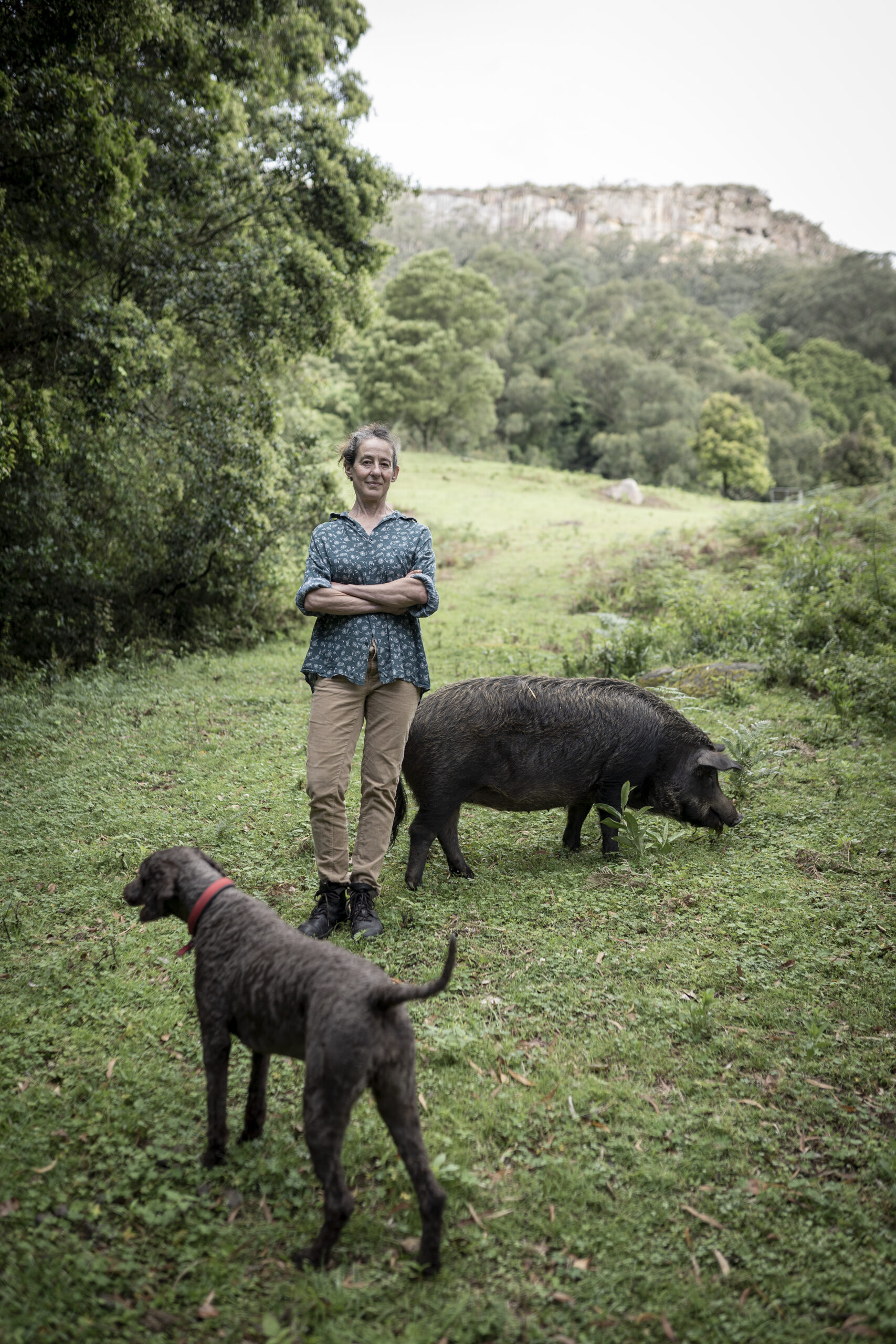July 11 & 12, 2016, University of Sydney, Australia.
http://sydney.edu.au/arts/research/harn/conferences/index.shtml
Keynote: Lori Gruen, Professor of Philosophy, Feminist, Gender, and Sexuality Studies, and Environmental Studies at Wesleyan University
From ‘crazy cat ladies’ to ‘deranged’ animal advocates occupying a ‘lunatic fringe’ (Wolfe, 5), the spectre of the ‘crazy’ label is never too far from the ‘question of the animal’. The cultural connections between madness, species, race and gender are plentiful, stereotypical and persistent, highlighting similar trajectories and patterns of marginalisation. Their intersection also requires careful contextual analysis and framing. This symposium at the University of Sydney will focus on the role of madness, reframed in terms of species, race and gender as ‘animaladies’. It will examine how animaladies come in different forms of ‘crazy love’ (D B Rose, 2013); passions, attentiveness and empathy that are sometimes also experienced alongside social marginalisation by animal advocates, animal carers and animal studies scholars. The ‘crazy love’ of the animal advocate can reveal forms of courageous wisdom, persistence in the face of impossibilities and improbabilities. Seen in this light, animaladies can unhinge prevailing norms concerning human animal relationships, particularly those based around indifference towards animal misery.
Animaladies will have an explicitly feminist animal studies focus, one that draws on the gender, race and species specific histories of madness, including the cultivation of norms about reason and (human) civilisation. It will inquire into the associations between femininity and madness as expressive of political and psychological discontent, but one which does not, as Showalter warns against in The Female Malady, ‘romanticise madness as one of womens’ wrongs’ (1985: 5), nor essentialise ‘rationality’ and ‘reason’ as man’s right. Nor will Animaladies re-inscribe animality as ‘dark rage, the sterile madness that lies in men’s hearts’ (Foucault 67), but will instead focus on the impact of exploitative practices on animals themselves, sometimes driven mad by the conditions defined by human domination. The symposium will examine how the pathologisation of human-animal relationships works to block empathy towards animals, and how the characterisation of animal advocacy as mad distracts attention from broader social un-ease regarding human exploitation of animal life. It will analyse how the pathologisation of animal advocacy effects the field of animal studies as a whole, and what the broader effects on the field might be. But it will also focus on animaladies at large – the institutionalised forms of violence against animals that are often held at arm’s length though structural conditions of invisibility by factory farming, industrialised farming practices, and marginalised workers within them. The social discontent and dis-ease that is now more regularly expressed in social media and also in more traditional media outlets suggest that the wildly contradictory ideas and feelings that we have towards animals are gaining greater attention, not least because of the activities of animal advocacy groups.
Understanding how the ‘madness’ of our instrumentalised relationships with animals intersects with the ‘madness’ of taking animals seriously, is the major task of this Symposium. The purpose is not to decide where the madness ‘truly’ lies, but rather how it is distributed, how it is made purposeful, how it is disguised (as ‘economic expediency’) and how it is made to work for social change or against it, how it is shaped as an insult, embraced as a zone of quarantine, or left as an undefined fear. Animaladies are also a potential obstacle to connections with other progressive movements, and as such, they warrant specific attention and careful analysis.
We are calling for papers (20 mins long, 10 mins question time) to address the following core ideas:
- Case studies that show how particular human/animal relationships are pathologised (and their effects)
- the conditions under which animaladies can work for and against animal advocacy
- the function of particular associations between animals and madness/forms of ‘unreason’ and irrationality, from Classical philosophy to more contemporary schizoanalysis
- discussion of animal madness in the context of industrial farming and global capitalism
- the role that gender and race play in the pathologisation of human/animal bonds and connections
- cross- species animaladies in the form of public health/One Health paradigms: ‘mad cow’ disease, the ‘black dog’ of depression, ebola, H1N1, Hendra virus, pathological connections between humans and animals that invite ‘more than human’ responses to crises of health and welfare.
- The effectiveness of animal studies approaches, methodologies, insights in countering the negative effects of animaladies while exploiting the positives.


